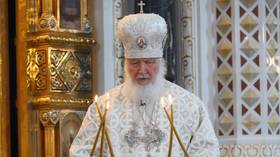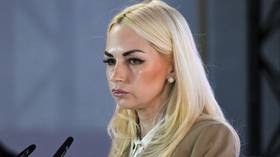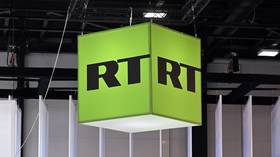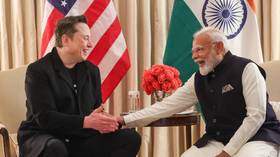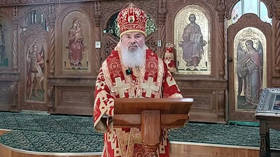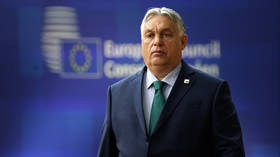Russia could change controversial 'foreign agent' law – official

There is a “good chance” that Russia’s controversial law restricting the actions of individuals, publications, and organizations deemed ‘foreign agents’ could be “corrected” in the near future, the head of the country’s Human Rights Council has revealed.
The legislation came into force in 2012, and has repeatedly been strengthened. It requires non-profit organizations, media outlets, and individuals who receive funding from abroad to register as “foreign agents.” The law has been criticized by some for restricting free speech, while others have said it targets those with opposition views. Notable organizations placed on the list include the US state-run outlet Radio Free Europe/Radio Liberty, Latvia-based publication Meduza and election monitoring organization Golos.
Speaking to journalists on Sunday, Valery Fadeyev admitted that the law would not be repealed “in the short term” and, therefore, should be corrected as best as possible. The Human Rights Council is a consultative body and is tasked with sending legislative proposals to President Vladimir Putin.
“So we have to make sure that in the short term it does not interfere with the good media and NGOs,” Fadeyev said. “That is what it is all about. So that a lot of Russian media outlets don’t fall under suspicion.”
The official noted that he would create a working group, and within the next three months, would hold “meaningful discussion” with “chief editors and civil activists” while also revealing that he already has some ideas. In particular, Fadeyev said that he wants to establish set-in-stone criteria for what determines a foreign agent, including a minimum share of foreign funding. There should also be a straightforward procedure for removal from the register, he said.
Putin himself has also admitted that the law could do with some refining. Last year, he gave the Human Rights Council, alongside the Russian Justice Ministry and the Prosecutor General’s Office, until May 1 to analyze the country’s foreign agent legislation.
In October, following a question from Nobel Peace Prize-winning journalist Dmitry Muratov, Putin stated that the law could be reconsidered.
“I can promise you that we will take another look at them,” the president said. “Even my personal acquaintances who engage in charitable activities were telling me that cases were being made against them portraying them as foreign agents.”




